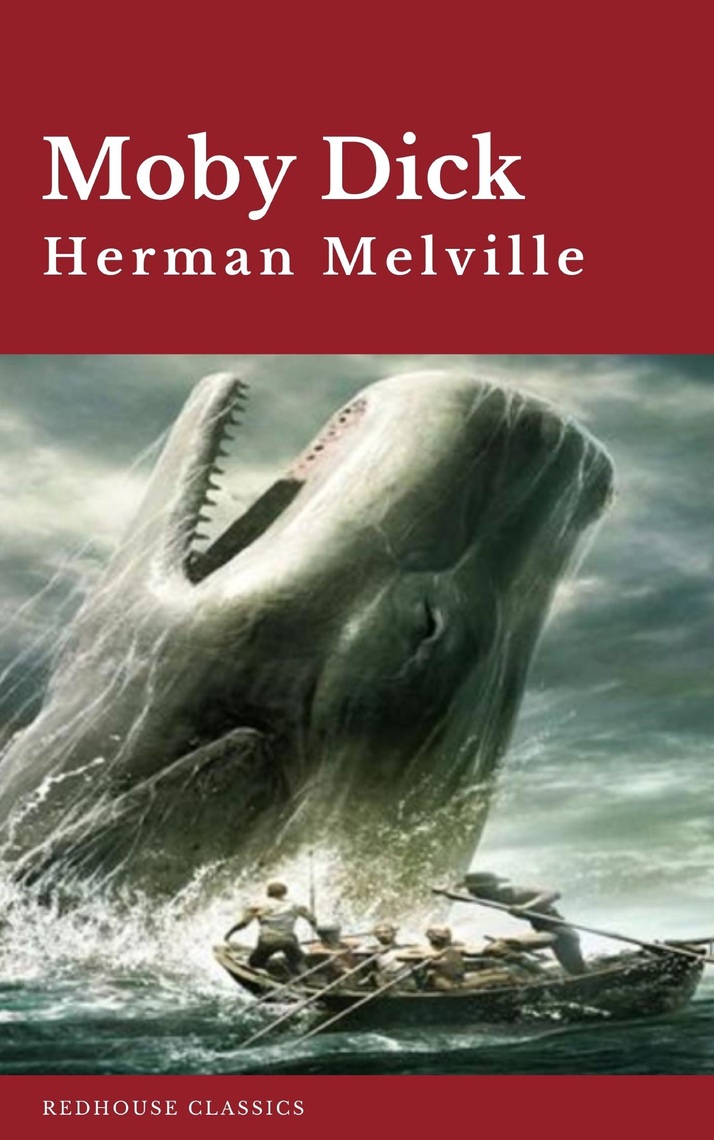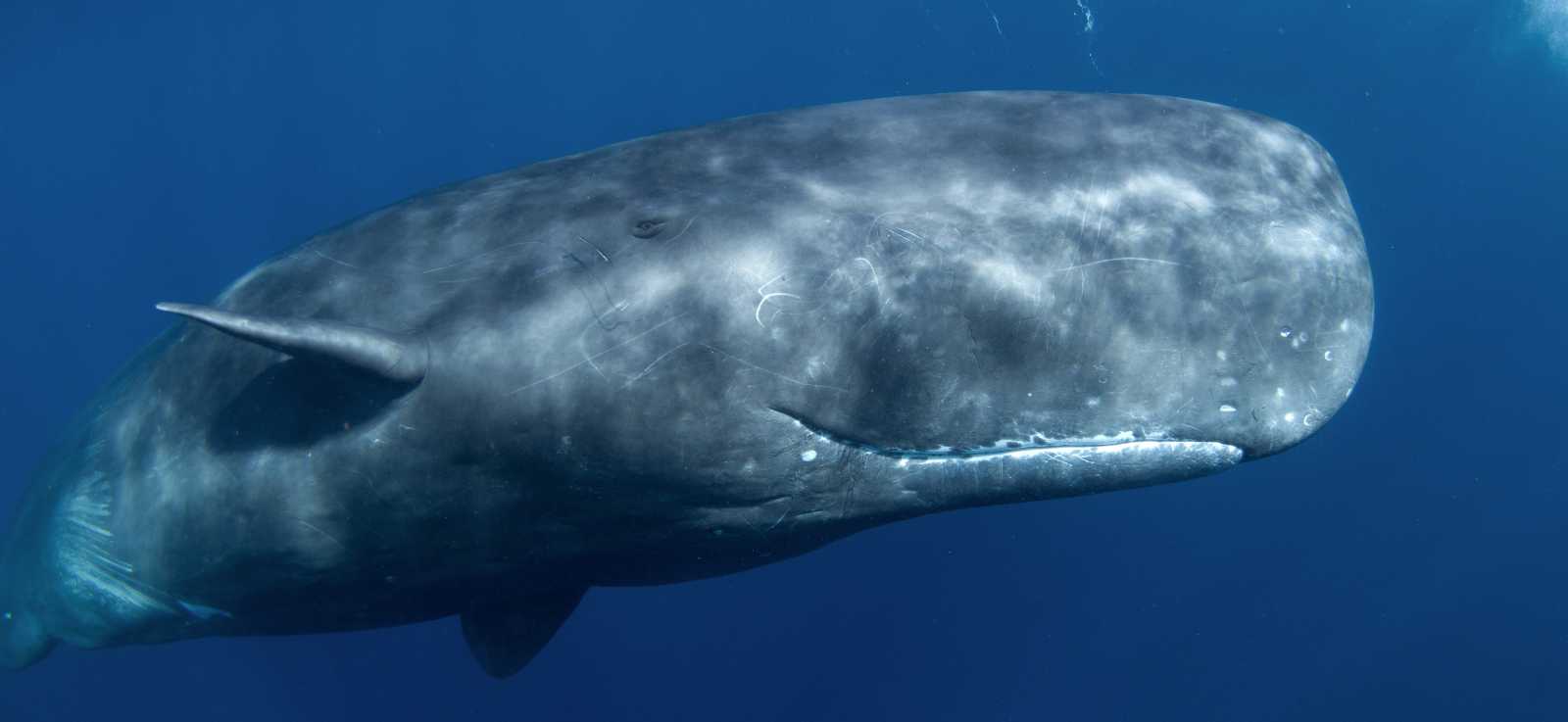Why Payakun is my favorite character from Avatar: The Way Of Water - Analysis with Spoilers
![]()
I will be the first to admit that Avatar: The Way of Water is not a great film, or even a very good one. While the visuals are often stunning, the dialogue and characters are rarely compelling--and sometimes downright problematic. The film propagates patriarchal tropes and appropriates Maori and Native American culture in superficial ways, and all at the expense of character development. To top it off, the plot is full of holes. And yet, on a thematic and emotional level, it sometimes works. At the very least, the power-hungry, Tulkun-hunting Captain Mick Scoresby (Brendan Cowell) is set up to become a formidable villain in the next installment. More than that, Payakun may be the most sympathetic adaptation of the character of Moby Dick in film history. (Unfortunately, that says more about the inadequacies of prior film adaptations than it does about Cameron's film.) In the end, James Cameron has established a viable connection to one of the greatest works in American literature, making his statement about humanity and hubris that much stronger.


Ahab thought himself larger than life—a symbol of civilisation's advancement over nature. That’s why, when Moby Dick attacked, Ahab was insulted. The whale was standing up against mankind’s greatest industry, and Ahab took it personally. Instead of bowing in the face of defeat, he grabbed his knife and tried to take on the great whale in hand-to-hand combat. That’s how he lost his leg. In the weeks it took before he could reach land to receive medical attention, he was writhing in pain and thinking of only one thing: Moby Dick must pay for his crime—the crime of standing up against man’s industry. Thus it was that Ahab, the very image of man's attempt to conquer nature, ended up killing himself.

The Tulkun of Pandora don’t look a whole lot like sperm whales, and they aren’t hunted for their oil. Instead, they are hunted for an amber-like substance that promises an end to ageing. To get to this fountain of youth, you have to go inside the whale and dig deep into its head. Surprisingly, this substance (called amrita) does not play a bigger role in the story, and is forgotten quicker than it was mentioned. Perhaps it will play a role in future installments. In any case, its function here is to motivate Captain Scoresby, establishing him, like Ahab, as the master of the most profitable and valued industry in the galaxy.

![]()
Scoresby’s story in The Way of Water is a clear retelling of Ahab’s backstory. Like Ahab, Scoresby is an arrogant yet very capable whale hunter. He enjoys the hunt, and takes pride in it. Like Ahab, he doesn’t expect the whales to fight back. Like sperm whales, the Tulkun don’t attack—that is, until Payakun resorts to violence to protect his friends. When confronted with this abomination, Scoresby does not grab a knife and dive under the water, but he doesn’t back down, either. Like Ahab, he throws caution to the wind and continues to fight, losing an arm and almost his life in the process.
You may have assumed that Scoresby is dead, but that was never shown. According to the franchise’s Wikipedia page, Brendan Cowell is set to resume his role as Captain Scoresby in Avatar 3, tentatively titled The Seed Bearer. Dr. Ian Garvin (Jemaine Clement), his marine biologist cohort, will also return. The fourth film in the series is tentatively titled The Tulkun Rider, indicating that the whales will continue to play a central role in the epic.
For me, Payakun’s fight with Scoresby was the emotional climax of the film. By far the most rewarding line of dialogue in the entire screenplay is when the whale finally has the upper hand, and Garvin mocks Scoresby with the line, “Who has the harpoon now?”
![]()
At that moment, the link to Moby Dick was as clear as could be: The whale was turning the tables on the industry. It only made sense that Scoresby would lose a limb after that. When he returns, he will surely have a hi-tech replacement, and while he might not exhibit Ahab’s insane level of vengefulness, he will undoubtedly seek to punish Payakun for insulting him. He will be battered, he will be scarred, he will hunt the whale, and he will die in the process.
As it happens, Scoresby's prized amrita has a link to Melville’s novel, as well. Apart from spermaceti oil, whale hunters found another valuable substance in the bowels of sperm whales: ambergris. In the novel, Melville devotes a chapter to this amber-like substance. He describes it as the most valuable commodity in the world. Ironically, though it is only found deep in the gruesome, noxious bowels of a sick sperm whale, it produces a beautiful aroma. The rich and powerful paid a pretty penny for its use in perfumes.
Of course they couldn't let perfumery be the underlying industry for Scoresby's story. That would hardly resonate. It had to be something more representative of civilisation's self-destructive tendencies. What could be more fitting than the commodification of eternal youth? The idea of a fountain of youth has been around for millennia, but it has particular significance for American culture today. The last century of American consumerism has been increasingly focused on and targeted toward youth culture, to the point of toxicity. This develops the themes Melville was pursuing in ways he probably could not have envisioned. I don't know if Cameron will explore the issues raised by amrite in any depth, but the potential is there.
It is not surprising that James Cameron has turned to Melville for inspiration. The Avatar saga is a tale about reimagining the relationship between humanity and nature, and finding a more spiritually fulfilling and harmonious way of life. Melville’s novel is undoubtedly a more accomplished, profound and richer work--it is considered one of the greatest novels of all time, after all--but it shares something of the same spirit. Both Moby Dick and Avatar romanticise native peoples and their relationship with nature. Cameron romanticises Native American tribes and the Maori of New Zealand. Melville romanticises Native Americans, too, and also natives of the South Seas. Both Melville and Cameron flirt with religion and mysticism, as well. You can barely go a page in Moby Dick without finding multiple references to religion, Egyptology or some kind of mysticism, including numerous criticisms of Christianity. Melville’s novel appears to be a sincere attempt to create its own mythology, its own spiritual foundation for a new relationship with nature. That’s why Melville blurs the boundary between his fictional world and the real one. Cameron’s project is not nearly that ambitious or complex--his mysticism is rather simplistic and superficial, and his mythology takes place in a world of fantasy which could never be mistaken for our own. Still, there is a similarity of intent. They are not trying to promote faith in the supernatural, but rather humility and compassion in the face of nature’s enormous and incomprehensible power. The enemy in both cases is hubris and the threat it poses to life itself.
Comments